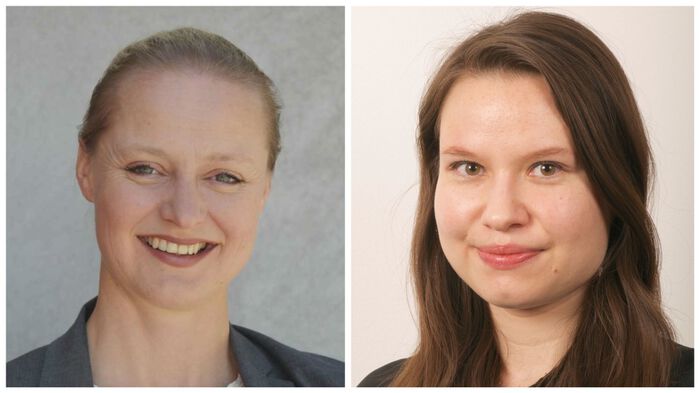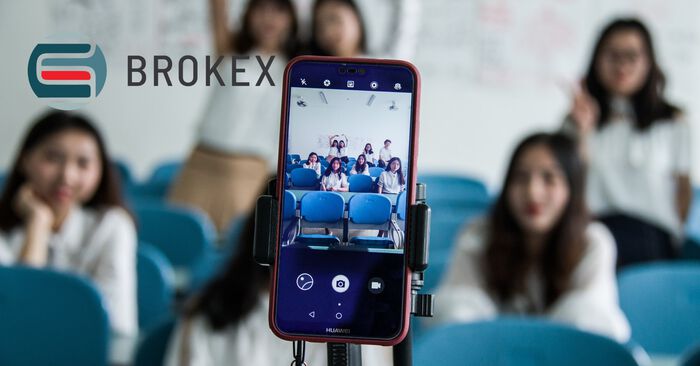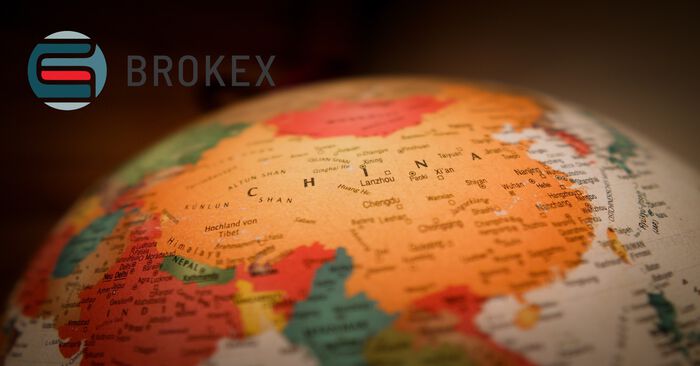Previous events - Page 28
Six members of the group teamed up with fellow semanticists from UiO, UiT and NTNU for a Semantics in Norway (SiN) workshop at Helgaker G?rd, Hadeland.
Caroline Palmer, Professor in the Department of Psychology at McGill University, will speak at RITMO's Seminar Series
Dr Hanna Ollila, Research Fellow at the University of Finland, will present her research as part of the NCMM Tuesday Seminar Series.
On April 28, the Centre for Gender Research (STK) will hold a joint academic lunch event together with C-REX – Center for Research on Extremism.
How important is gender for young people in contemporary China? What challenges and aspirations are central to young Chinese women? This seminar will focus on how young women from China negotiate different expectations and identities both inside and outside their homeland.
NCMM Associate Investigator, Professor Simona Chera, Group Leader of the Chera Lab at the University of Bergen will present her research as part of the NCMM Tuesday Seminar Series.
Over the last decade, the Kurdish areas in the Middle East have seen several violent conflicts. Hundreds of thousands of Kurds have been uprooted from their homes and areas of origin. This adds a new chapter to an already long history of displacement and migration. In this seminar, we will investigate some of the gendered aspects of these recent migration flows. The seminar will be held in English.
Nicola Dibben, Professor at the Department of Music, University of Sheffield, will speak at RITMO's Seminar Series
Dr Johan Henriksson, Group Leader of HenLab at Molecular Infection Medicine Sweden (MIMS) will give a presentation entitled "Telomere accessibility in cell cycle and aging".
NCMM Associate Investigator, Professor Karl Johan Malmberg, Group Leader of the Malmberg Lab at Oslo University Hospital will present his research as part of the NCMM Tuesday Seminar Series.
Birgitte Stougaard Pedersen, Associate Professor at Aarhus University, will speak at RITMO's Seminar Series.
National coordinator for EATRIS, Anita Kavlie, will present as part of the NCMM Tuesday Seminar Series.
China’s main foreign policy initiatives are not directed at the West but prioritise south-south relations. In this seminar, we will learn more about China’s orientation towards developing countries and the meaning of the concept of a ‘more democratic world order’ for the Chinese Communist Party.
Welcome to a new AMR related event organised by the Interdisciplinary Forum for Research on Antimicrobial resistance (INFRA) at Helsam.
NCMM Associate Investigator, Dr. Hege G. Russnes, Group Leader of the Genomic Alterations in Cancer group at Oslo University Hospital will present her research as part of the NCMM Tuesday Seminar Series.
NCMM Associate Investigator, Dr Lorena Arranz, Group Leader of the Stem Cell Aging and Cancer Research Group will present her research as part of the NCMM Tuesday Seminar Series.
Helene Kn?velsrud, Senior Scientist and head of the Mapping and Disrupting Cancer Circuits Project at Oslo University Hospital, and Charlotte Boccara, head of the Sleep, Cognition & Development project team at the Institute of Basic Medical Sciences, UiO, will present their latest research as part of NCMM's Tuesday Seminar series.
NORHEART invites everyone with an interest in the mitochondrion and cardiovascular disease to our half-day seminar.
Martin Burkert, NCMM Postdoctoral Fellow from the group of Sebastian Waszak, will present his research as part of the NCMM Tuesday Seminar series.
The Belt and Road Initiative (BRI) is one of China’s most discussed foreign policy initiatives. What is the BRI? How does it influence other countries? In this webinar, Freymann will give a presentation of his book and answer questions from the audience, in discussion with ?zge S?ylemez.
NCMM Associate Investigator Emre Yaksi, Professor at the Kavli Institute for Systems Neuroscience, NTNU will present his research as part of NCMM's Tuesday seminar series.
Dr. Katie Overy, senior lecturer at University of Edinburgh, will speak at RITMO's Seminar Series.
NCMM invites to a mini-symposium in molecular and precision medicine.

















